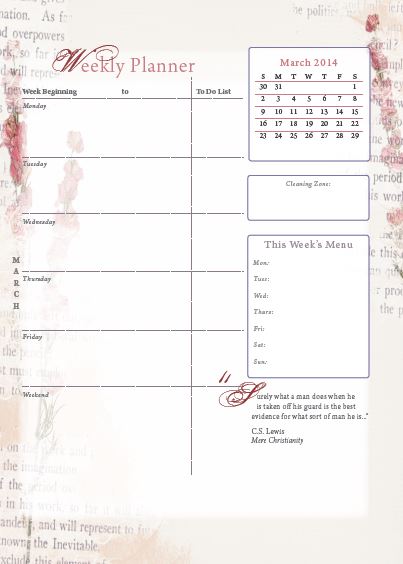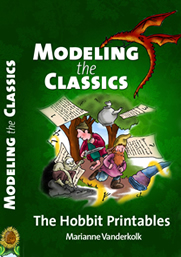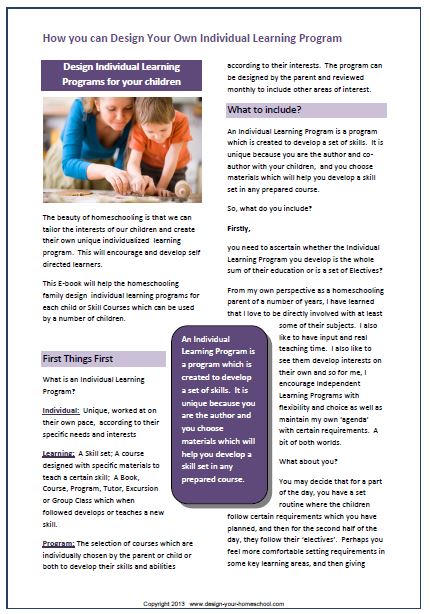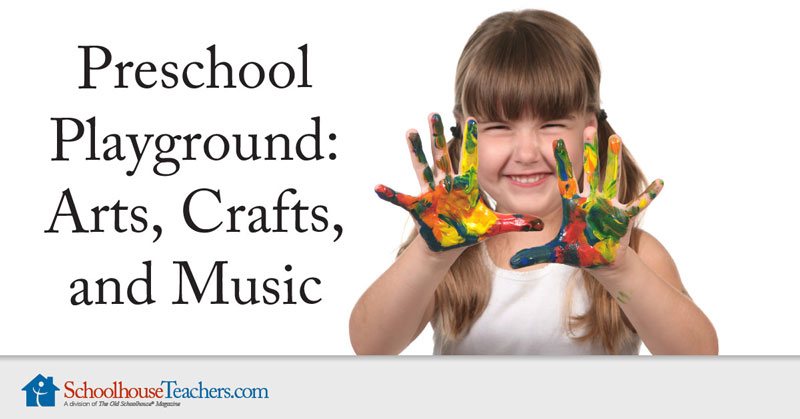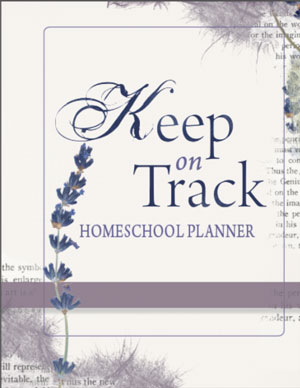Homeschool Writing Curriculum
What to teach and when?
Related Pages
Back to Language Arts Sitemap
How do we make a homeschool writing curriculum? What should we teach and when?
In Ways to Teach Writing I wrote a list of writing forms. However, looking at a big list like that can sometimes be overwhelming and it is easy to be daunted by lists and a ton of writing forms which "someone" says we should cover.
Writing is very developmental. By that I mean that your youngest and your eldest child may both write letters to a friend or relative, but you would expect your older child to have developed more skills in writing than the younger. Many forms are used through all ages, but some and in particular, essay writing, are left to when the child can think more analytically (from ages 13+).
So, how do we go about making the decision of what to include in our homeschool writing curriculum and when?
Keep Your Goals in Mind
It is the education of your child. This means you set the goals, the direction of what you consider important in the homeschool writing curriculum and necessary to reach your writing curriculum goal.
Find out more about Setting Family Goals.
Write across the Curriculum
Another important thing to remember is to include writing across the curriculum. Writing does not need to be bound to your "Writing Curriculum Lessons." Instead, try to think of ways to combine a writing form with whatever they are learning. I like using the Write Source Books as a complete handbook for Writing - especially teaching a variety of writing forms.
Develop your homeschool writing curriculum by including forms of writing across different homeschooling subjects:
Historical topics provide the content - and you need to be creative to suggest a response to their reading in different forms.
- Write a biography;
- Write a fictionalized journal entry of an explorer;
- Write a description as though you were an eyewitness account of a battle;
- Compare and contrast the governments of two countries you are studying;
- Write a letter to the editor about the current hot topic in a persuasive essay and so on.
- Write a History narration. See Narration Starters or Writing Prompts.
Literature also provides the content - for example:
- Write the story you have read into a play;
- Write a narration
- Describe that character in a poem;
- Brainstorm different endings to the story;
- Write a cluster diagram of the character traits of the hero/villain in the story;
- Write a book report - here's some book report alternatives.
- Change the story into a tall tale;
- Define the theme of the book in a Definition Essay;
- Explain how the events in the story changed the character's behaviour in a Cause/Effect essay and so on.
- Literature can also be an excellent model for good writing - you can develop your own language arts lesson plans using my 10 step outline.
- Use Modeling the Classics - Language Arts Lesson Plans from The Hobbit if you like a simple, integrated approach to use literature as the basis of language arts lesson Plans.
- Or perhaps using a Fable to teach language arts and improve writing skills. Try my newest Ebooks - Illustrated Printable Aesop's Fable Ebooks - and full explanation on how to create your own language arts lesson plan here.
The study of Science should also be the vehicle you use to encourage writing. For example:
- Write a report on the experiment;
- Write an essay of opposing ideas about a current scientific debate;
- Write a process essay on how to make an electrical circuit;
- Write a biographical report on a scientist; and so on.
Remember the Big Picture
Remember the big picture of 12 years.
I don't really believe education is limited to 12 years - but let's just assume that most of your child's education will happen within these years. This gives you the big picture. When they are starting Year 1 -they don't need to know how to write persuasive essays. Your homeschool Writing Curriculum is spread out over this time. You can teach writing in its forms over a number of years. Some forms of writing you may decide not to teach at all. Will it ruin your child if they have never written haiku poetry, a riddle or an interview? You decide!
Set your own Scope and Sequence
In your writing curriculum, you can set your own scope and sequence. Scope and sequence is the order in which the writing skills can be developed, and it is not that difficult.
Firstly, look back at the table.
Forms of Writing |
|---|
Personal Writing
|
Subject Writing
|
Creative Writing
|
Persuasive Writing
|
Academic Writing
|
Writing about Literature
|
Workplace Writing
|
The first form of writing is: Personal Writing.
Look at the list and you can see that the first forms of writing can easily be integrated into the life of a primary aged child. When beginning to write a young child may write shopping lists, notes and letters, journal entries. A child aged 9-12 can organize their thoughts about a topic using a cluster diagram or brainstorming diagrams. Personal essays and narrativescan be a form of writing they use in the highschool ages.
The second form is: Subject Writing.
This happens quite naturally. As your family learns about the world - history, geography, science, literature, you,need to include a variety of writing assignments.
Most of the writing my children do is by narration. This simply means I ask them what the story/ history/ science was all about. Then, depending on their age, either I write or type it out for them, or they write their own narrations. The narrations however can be written using different forms. It depends on how you ask the question.
- Tell me what you know about his/her life .. from when he/she was born.. - biographical writing;
- Tell me what Monet's garden was like? -descriptive writing;
- Tell me all the things we did in the experiment and what you observed - observation report;
Do you see what I mean? The form list might look scary, but you just need to break it down, bit by bit. Profiles, Case Studies, Multimedia reports, personal research reports can all be done in the higher grades.
The next form is Creative Writing. Once again, you will see that most of these forms you can use across the curriculum through all the ages, with different expectations for each age.
Most of the next groups of forms are more suited to highschool ages.
Use this table to help you develop your own homeschool writing curriculum.
Remember writing is developed systematically.
Writing is developed systematically by writing words - sentences - paragraphs - essays. Keep this basic framework in you mind as you develop your writing curriculum and as you teach.
Years 1-6 - Writing through narrations;
Year 7 - Concentrate of sentences - subject verb agreement; correct usage; correct use of pronouns, correct use of verbs, correct use of modifiers;
Year 8- Concentrate on Paragraph Writing - brainstorming, topic sentences, developing the paragraph, unity, linking expressions;
Year 9- Concentrate on essay writing - brainstorming; making an outline; grouping ideas; Once the basic structure of an essay is learned, it can be applied to different essay forms - expository, process essays, essays of definition, compare and contrast essays and so on.
If you know your child is lacking in a certain aspect of writing, stop and work on it for a while. Improve writing by writing. Alternatively, you may like to select an appropriate writing course, where your child will begin working one-on-one with a certified writing teacher to improve his or her writing skills.
Keep Your Goals in Mind
Remember Point One: Keep your goals in mind. It is the education of your child. This means you set the goals, the direction of what you consider important and the steps necessary to reach your goal. Enjoy writing and developing your homeschool writing curriculum for your family.


